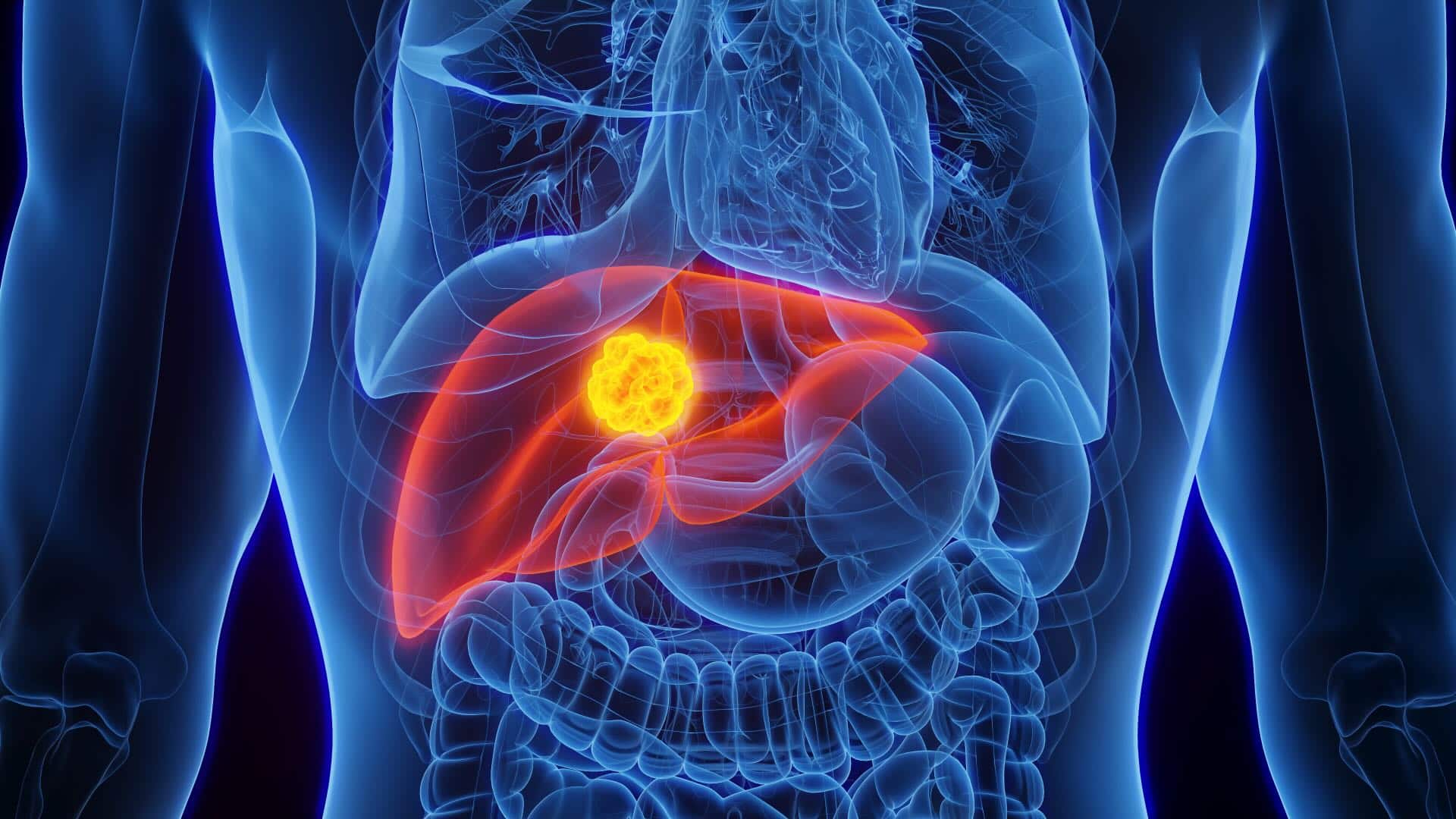Advances in the Management of Patients with Advanced Hepatocellular Carcinoma
Article27 July 2023

Until recently, the therapeutic options for patients with advanced hepatocellular carcinoma (HCC) were very limited.
Prior to the SHARP trial published in 2008, which demonstrated an improvement in overall survival with Sorafenib, there were no systemic treatment options that offered survival benefit. However, in the last few years, there has been an explosion in the number of therapies for HCC.
The FDA has approved several molecular targeted drugs and immune checkpoint inhibitors (ICIs) for the treatment of advanced HCC. Among these, the combination of atezolizumab and bevacizumab has shown significant efficacy in treating unresectable HCC patients who have not previously received systemic therapy.
Atezolizumab is an IgG1 monoclonal antibody that binds to PD-L1 and reverses T cell suppression. Bevacizumab, on the other hand, is a humanized anti-VEGF monoclonal antibody that suppresses angiogenesis and tumor development in HCC. The combination of atezolizumab and bevacizumab has demonstrated a tolerable safety profile and efficacy in clinical trials.
In the GO30140 trial and NCT02715531 trial, the combination therapy of atezolizumab and bevacizumab showed longer progression-free survival in patients with unresectable HCC who had not received prior systemic therapy. Subsequently, in the IMbrave 150 trial (NCT03434379), which involved 501 patients, atezolizumab with bevacizumab was compared to sorafenib alone. The combination therapy group exhibited significantly longer overall survival (OS) and progression-free survival (PFS) rates compared to the sorafenib group.
The most common adverse effects observed in the atezolizumab plus bevacizumab group were hypertension, fatigue, and proteinuria, affecting more than 20% of patients. However, there were no significant differences in serious adverse events between the two treatment groups.
Based on these findings, the FDA approved atezolizumab in combination with bevacizumab as a first-line treatment for advanced HCC patients in May 2020. Furthermore, the updated analysis presented at the ASCO Gastrointestinal Cancer Symposium in 2021 showed a sustained clinical efficacy benefit with the combination therapy, with a longer median overall survival compared to sorafenib alone.
ASCO has assembled an expert panel to perform a systematic review of published phase III trials and develop evidence-based clinical practice guidelines for systemic therapy of advanced HCC. According to these guidelines, atezolizumab in combination with bevacizumab is recommended as the standard treatment for most patients with advanced HCC in the presence of compensated liver disease. Sorafenib remains the first-line treatment for patients with contraindications to immunotherapy.
Although the development of new drugs for HCC treatment may not be as impressive as for some other tumors, the introduction of atezolizumab in combination with bevacizumab has brought about a significant breakthrough in the treatment options for patients with advanced HCC. With ongoing advancements in therapeutic strategies, further improvements in treatment outcomes for HCC are expected in the near future.
